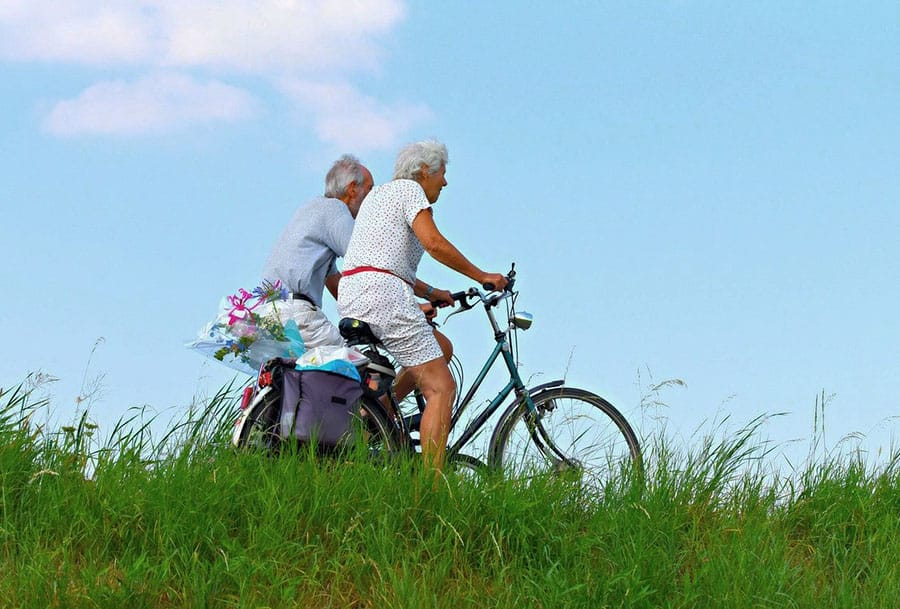Shielding of older people ‘must not come at the expense of their health & wellbeing’ warns experts

With research revealing that physical activity among older people has steeply declined since the COVID-19 lockdown, the British Geriatrics Society has warned that lower levels of fitness may result in loss of independence and increased need for future medical treatment.
It comes following weekly research by Sport England into people’s activity levels since the outbreak of coronavirus and corresponding lockdown measures.
Acknowledging that the measures have been beneficial in protecting older people from the virus, research has revealed that many have found it difficult to keep active.
“While younger people are happy to turn to apps, YouTube or other online sources to motivate them to keep fit, older people, who may not have access to digital technology or be comfortable using it, have largely been forgotten,” stressed the British Geriatrics Society.
The British Geriatrics Society has cautioned that if the low level of activity among older demographics is not addressed as a matter of urgency, there will be detrimental impacts on both physical and mental health.
Dr Celia Gregson of the British Geriatrics Society, said: “As a geriatrician and an epidemiologist, I am increasingly concerned about our older population, isolated in their homes, becoming increasingly ‘deconditioned’ from inactivity.
“Deconditioning is more than just becoming ‘out of shape’, it puts people at risk of serious accidents and illnesses and is often associated with a deterioration in mental health. At this time of massive behaviour change, now is the time to help older people ‘stay home and keep active’ to improve their physical and mental wellbeing.”
According to the society, studies have shown that lower levels of physical activity in the older population can lead to a number of health complications including an increased risk of falls and fractures, a faster resting heart rate, a loss of muscle mass and a tendency to develop blood clots.
Developing serious health problems has a negative impact on all areas of an older person’s life including mental health and day-to-day functioning, as well as limiting freedom and quality of life.
Alongside the impact on older people, British Geriatrics Society reinforced that increased health and care needs will put further strain on an already stretched public health system.
Calling on the government to recognise the importance of the issue and encourage everyone to keep active, the British Geriatrics Society has recommended that a nationwide regular exercise programme is broadcast on terrestrial daytime television and on the radio.
“It is vital that older people are encouraged to exercise safely in their homes and enjoy the benefits this brings to their health and well-being,” the organisation concluded.
Boasting over 4000 members, the society is the professional association of doctors practising geriatric medicine, nurses, therapists, researchers, GPs, old age psychiatrists and others engaged in the specialist care of older people and in promoting better health in old age.

